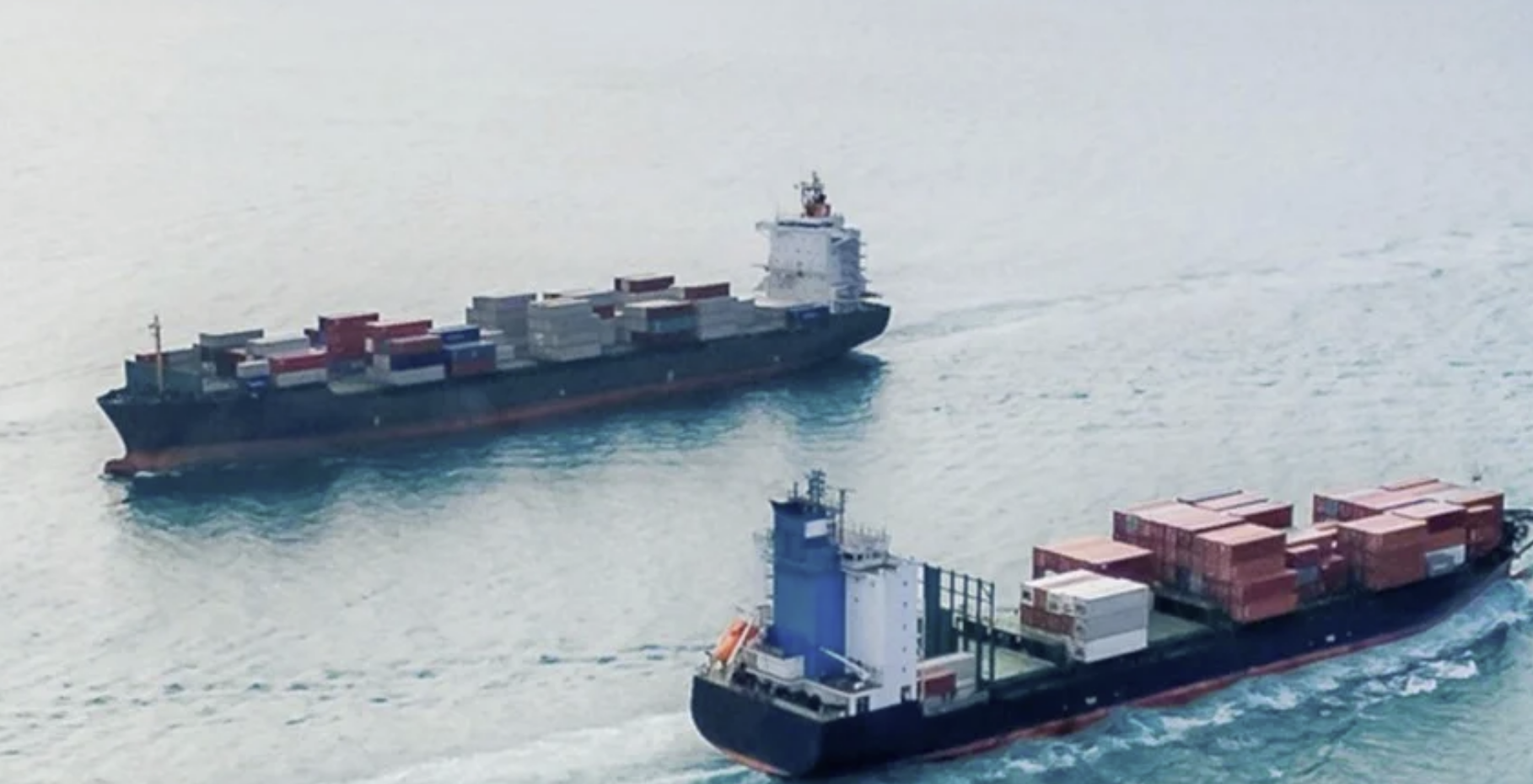Inmarsat Unveils Next-Generation Maritime Safety Terminal
New standalone terminal will provide ultra-resilient connectivity to Inmarsat’s ELERA L-band network and meet the requirements of major maritime safety systems
Inmarsat, a world leader in global, mobile satellite communications, has unveiled a major innovation to its maritime safety portfolio: a next-generation terminal that will allow quick and easy access to industry-leading connectivity services, including the recently launched Fleet Safety.
With trials scheduled for 2023, the standalone hardware promises ultra-resilient connectivity across the full satellite footprint of Inmarsat’s ELERA L-band network, which will be supplemented with two new satellites scheduled to enter service in the coming year. It will meet the requirements and performance standards of the International Maritime Organization’s (IMO) Global Maritime Distress and Safety System (GMDSS), Long-Range Identification and Tracking (LRIT) system and Ship Security Alert System (SSAS).
Peter Broadhurst, Senior Vice President of Safety and Regulatory, Inmarsat Maritime, said: “Our next-generation maritime safety terminal will draw on the power of the growing ELERA network to provide highly resilient connectivity that fulfils IMO requirements in line with the GMDSS, SSAS and LRIT safety systems. Subject to all regulatory requirements, we expect the new safety terminal to become the standard Inmarsat safety offering to the market from 2024 onwards with significant additional capabilities. It is therefore the ideal complement to Fleet Safety, which itself represents a major modernisation of maritime safety communications and sets new standards in the protection of lives at sea.”
Easy to install and deploy, the compact, lightweight terminal will be the first of its kind to feature an eSIM for simple provisioning and service-plan selection. In addition to offering reliable access to Fleet Safety, which features an innovative Maritime Safety Information interface, a Distress Chat function among other enhanced capabilities, the product will allow shipowners to leverage existing and future IoT services via the ELERA network.
Alongside its work on the next-generation safety maritime terminal, Inmarsat has designed and developed an ELERA Radio Module to help Inmarsat value-added manufacturers (VAMs) produce their own versions of the terminal based on a modular approach. Inmarsat’s ELERA network roadmap includes the imminent launch of a new I-6 F2 satellite, which will supplement the existing I-6 F1 to support the next generation of applications and global safety services into the 2040s and beyond.
